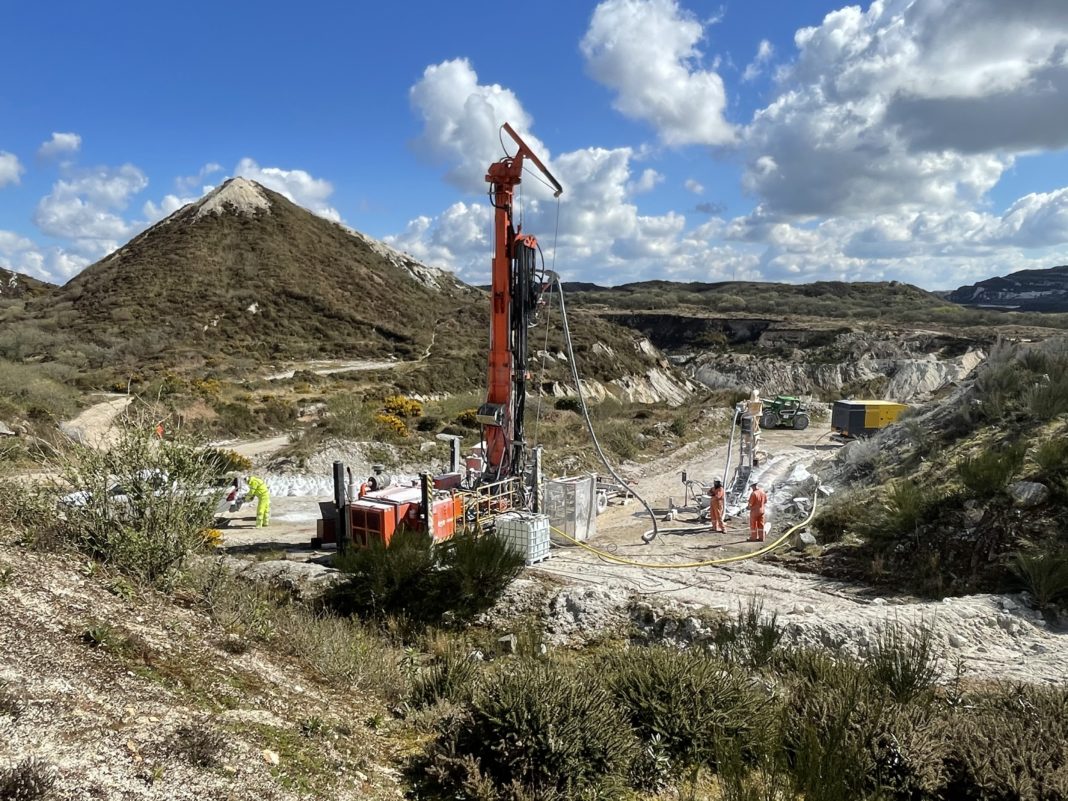Cornish Lithium has been awarded additional Government funding to construct a demonstration plant at the Trelavour hard rock lithium project.
The money will be used to fund the construction of the hydrometallurgical section of a demonstration scale processing plant at the company’s Trelith processing site, associated with the Trelavour hard rock lithium project, near St Austell.
It is expected to able to produce commercial samples of lithium hydroxide for evaluation by end users such as battery producers and manufacturers. The company has already undertaken detailed metallurgical testing at pilot scale but will now build a demonstration scale plant to validate the scale up and commercial viability of the technology.
The demonstration plant will form a critical input to the Cornish Lithium’s feasibility study. And subject to the conclusions of this study, it is the company’s intention to build a commercial lithium extraction plant in Cornwall with the production of lithium hydroxide expected to commence in 2026.
Jeremy Wrathall, CEO and founder of Cornish Lithium, said: “We are delighted to have been awarded this ATF grant as it will accelerate our progress towards the commercial production of battery grade lithium hydroxide in the UK.
“We believe that a secure, sustainable domestic supply of lithium is essential for the development of a resilient electric vehicle supply chain for the British automotive industry. The award of this grant provides further validation of the Trelavour Project’s potential, following our major institutional shareholder, TechMet, electing to exercise its option to invest a further £9 million after its review of our scoping study.
“This award from the ATF will be used, along with funds from the TechMet option exercise, to construct the demonstration plant at Trelavour. This will be a key workstream to allow us to define the processing flow sheet for the project fully as well as enable the production of samples that can be supplied to potential end users whether as lithium compounds or in the form of by-products that are yet to be incorporated within the economic model for the project.”









